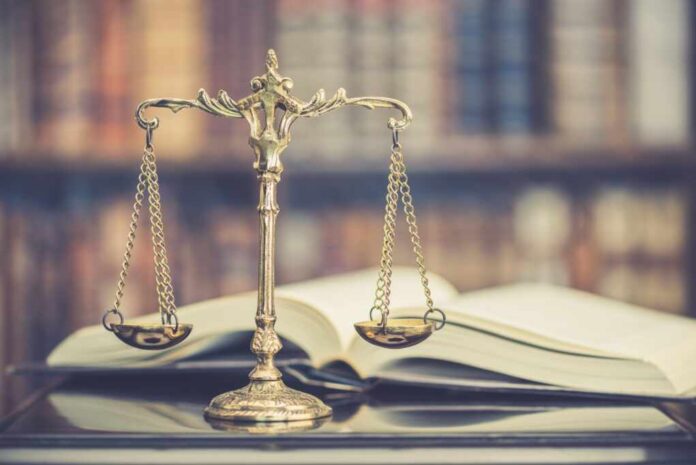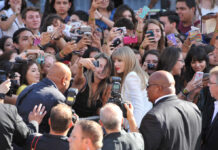
Three New York City mothers have taken legal action against the city’s educational authorities. The plaintiffs, Deborah Alexander, Maud Maron, and Noah Harlan, represented by the Institute of Free Speech, filed a lawsuit in the federal court against New York City’s Department of Education and specific officials within the Community Educational Council for District 14 (CEC 14) on March 26. They accuse the defendants of punishing and excluding individuals based on political beliefs. As state actors, such actions are a direct violation of the First Amendment.
The lawsuit arises from the allegedly wrongful acts of CEC 14’s President Tajh Sutton and Vice President Marissa Manzanares, who are accused of employing their positions to enforce a strict adherence to their leftist ideologies. The case lays out how individuals and groups with opposing viewpoints are excluded from council meetings. Those same dissenters have been blocked from seeing the council’s social media accounts.
The complaint filed in the case argues the actions are not only an overreach of authority but a clear violation of constitutional rights. The lawsuit elucidates several instances where Alexander and Harlan were purportedly removed from CEC meetings due to their political stances. At the same time, Maron has avoided meetings, fearing similar discriminatory treatment. This atmosphere of intimidation and exclusion, the plaintiffs argue, stifles debate and infringes upon their rights to free expression.
NEW @InstFreeSpeech lawsuit: New York City education officials target and investigate those who dissent from their ideology, punishing parents for "wrongthink." Our lawsuit aims to change that—and to protect the #freespeech rights of all New Yorkers:https://t.co/3tLPgP6Nsp
— Tom Garrett (@TomGarrettIFS) March 27, 2024
Regulation D-210 is at the center of the controversy. It is a Department of Education policy that the lawsuit claims has been used to suppress dissenting voices. The regulation claims it permits the investigation and removal of CEC members for speech deemed “offensive or disrespectful.” The lawsuit argues that the regulation’s vague and undefined scope is a facial violation of fundamental free speech and due process rights.
The lawsuit does not seek money damages but asks the court to invalidate the use of an unconstitutional policy that has led to a culture of conformity and repression within New York City’s public education system. It expressly states that its purpose is to ensure that CEC 14 and the Department of Education respect and uphold all parents’ and elected leaders’ free speech rights, regardless of their political affiliations.
Vague regulations like D-210 used to regulate speech set a dangerous precedent. They grant officials excessive discretion to determine what is “acceptable” speech. The arbitrary and often discriminatory enforcement that follows stifles free expression and tilts government directly against citizens.
































